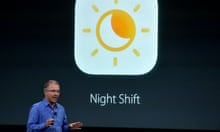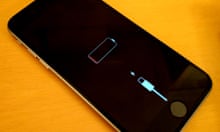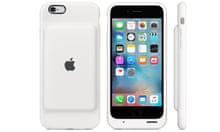The FBI has told other US law enforcement agencies that it will help them to unlock the iPhones of suspected criminals.
In a memo sent to law enforcement agencies, published by BuzzFeed, the FBI said that following the successful unlocking of the San Bernardino shooter’s iPhone 5C without Apple’s help, it will consider any tool that will aid its “partners”.
Kerry Sleeper, assistant director of the FBI’s partnership engagement office said: “In mid-March, an outside party demonstrated to the FBI a possible method for unlocking the iPhone. That method for unlocking that specific iPhone proved successful.
“As has been our longstanding policy, the FBI will of course consider any tool that might be helpful to our partners. Please know that we will continue to do everything we can to help you consistent with our legal and policy constraints.”
The FBI has a notoriously rocky partnerships with non-federal law enforcement agencies, typically portrayed as the feds swooping in and taking over cases, leaving local police floundering. But the improvements within encryption, the move to make mobile devices secure against criminals can also lock out law enforcement from what they consider crucial information.
Since the San Bernardino case, the FBI has reportedly been inundated with requests for assistance in various local cases. It had previously rebuffed claims that it was helping in local cases, including a murder in Arkansas. The FBI has yet to widely divulge how it accessed the data on the iPhone 5C.
Sleeper said: “We know that the absence of lawful, critical investigative tools due to the “Going Dark” problem is a substantial state and local law enforcement challenge that you face daily.”
Whatever the lengths of help the FBI is likely to extend to local law enforcement, it is widely believed that Apple’s smartphones newer than the iPhone 5C – those that utilise the company’s Touch ID system - are likely to be much harder to break into.
Apple and other smartphone manufacturers have committed to encryption as a way to keep criminals out, and those breaking the law will use any and all techniques that law enforcement are likely to find, making it a three-way arms race between the smartphone manufacturers, criminals and law enforcement.
Sleeper said: “You have our commitment that we will maintain an open dialogue with you. We are in this together.”








